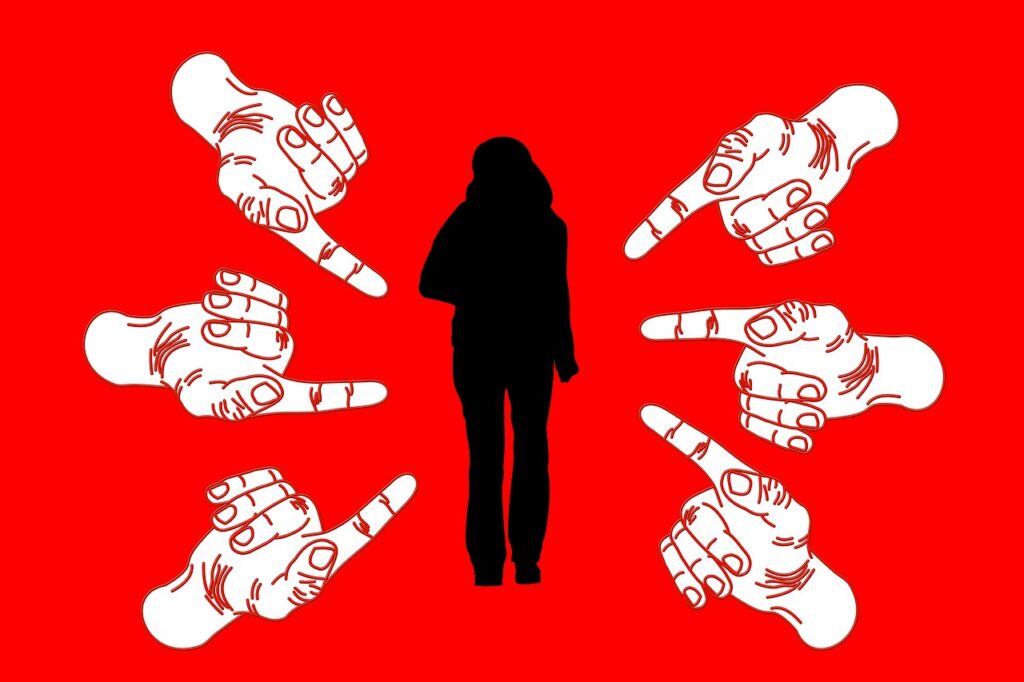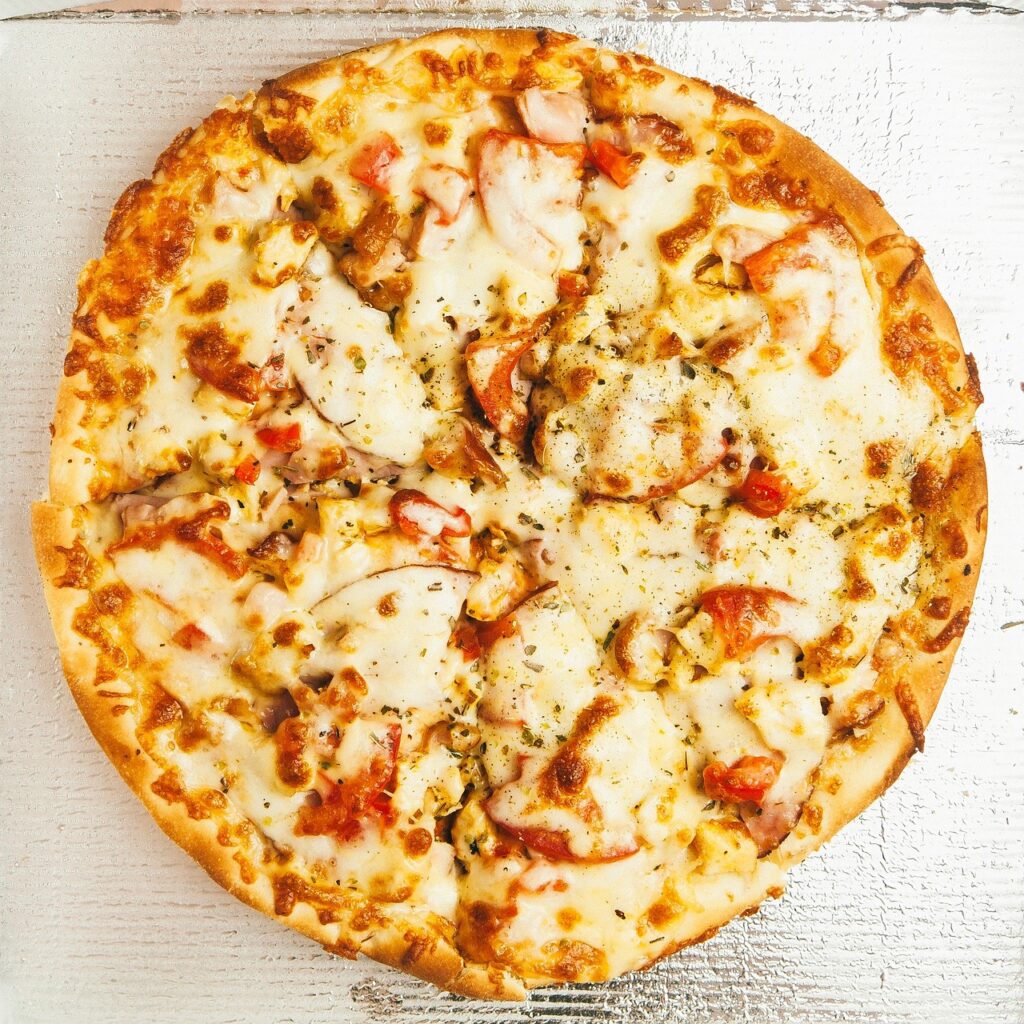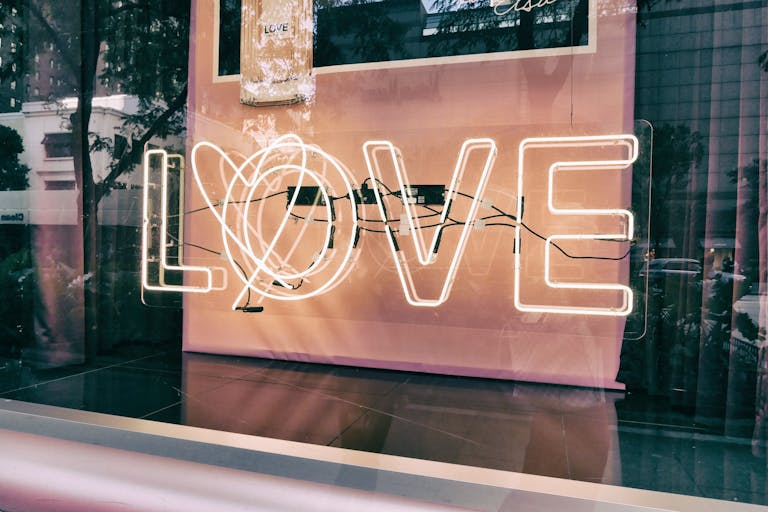Food & Body Shame: How to Identify it and What to do About it

My Story
It sure seems that you’re damned if you do and you’re damned if you don’t-eat whatever it is that everyone else is eating or have the look they wish you would. Whether you are thick or thin, what you do or do not eat, for some reason is a hot topic of judgmental condemnation. And all too often those people extolling judgements are family members or people close to you.
To be food or body shamed, does hurt our feelings and requires courage to overcome because unless we hide away, we risk going out and having our food choices or bodies exposed and with this exposure, our private lives become public and exposed to the shaming comments and glares of others. I have been food & body shamed more times than I can count and for so many years that I do not even remember the first time it happened. I do, however, remember the last time and that is what inspired this blog.
Let me start by saying I stood up to it, at 42 years old, I do not have any F*%@$ left to give (as people say now) and I have dealt with it long enough and coached enough patients through being food & body shamed that I felt it was my duty and right to say something. This particular instance of food & body shame occurred when at a family reunion ever so tough decision was being made regarding what to eat, and as you can imagine the number one option of Pizza was up for grabs. As people were deciding on pizza, an in-law looked over to me and said, “well, she probably doesn’t eat pizza,” when I looked her way in silence why was pizza getting brought into this (rhetorical question), she then said, “look at you, you’re so thin, practically malnourished, not fat like the rest of us.” Was that supposed to be a compliment, well never mind. At that point, I couldn’t keep my mouth shut. I mean, really, go ahead and shame pizza but now shaming me, that took it too far. So I said, “I actually don’t feel malnourished.”
That was enough to put my in-law in the position to back peddle and apologize for her word vomit. After her public and awkward apology I said, “I am a dietitian and work with people every day that struggle with being food and body shamed, so I am not going to just stand here and not say anything, sorry but I am going to stand up against it.”
Luckily it went okay, not good, but okay was good enough. I appreciated the apology and realize that her word vomit was nothing to be taken personally but the damage was already done. As we waited for the pizza to arrive, I worried that no matter what I ate, at that point I was afraid I would be silently judged. If I left, I feared I would be seen as angry and unforgiving, when all I wanted to do was just be myself, so I could be at peace. I spent the rest of my vacation feeling nervous about what I was eating and what others where thinking. Only feeling relaxed around food when I was alone or with my husband.
Ironically, I felt conflicted about the experience and ended up emotional eating later back at my hotel room to sooth my emotions. It is so much easier said than done to “quit taking it personal,” the reality is even though I know it wasn’t about me, it created a series of uncomfortable events wrought with shame and shame is a driver for emotional eating.
After being shamed, we are left with a complicated set of emotions. Do we get angry with disgust for the shamer and try and defend ourselves or do we feel disgust for ourselves because our own self-image was confirmed by an external source or maybe a little of both or do we in some act of forgiveness and self preservation appreciate the shade and see it as salt of the wound and take it as an opportunity to heal.
The answer depends on what our self image is, what our health image is, what emotional coping tools we have and in the end how we are willing to behave, in that very moment and then after. I personally, as you know chose to eat my feelings by having a few bites of fudge and some hops tea (clearly I wasn’t too upset) and then to write through my feelings in this blog.

Shame is a Complicated Emotion
What is Food Shame Anyway and Just What did Pizza Ever do to You?
Food shame originates from beliefs about food being good or bad, generally we refer to this as food moralizing. Popular diets that extol clean eating as superior to fast food is just one of many examples. We are unfortunately bombarded with food moralizing propaganda, and because of this much of the population is running around with half baked nutrition truths blaming food for their ill health outcomes and believing they should and should not eat this or that.
Body Shame is Just as Uncomfortable as it Sounds and Wears Disguises
I just have to start by saying, body shaming comments reveal the deeper thoughts of the person saying them. Body shame sounds like:
“I couldn’t even see you, your so short.”
“Would you be interested in some nutrition information?”
“You better eat up and get some meat on those bones.”
“Wow, you’ve really grown up and out haven’t you?”
“Should you eat that?”
“You look like you could use some self control.”
“You look like you’ve lost some weight, it looks good.”
“I looked like you when I was twelve.”
“Is your weight a concern to you?”
It is these disguised and backhanded comments that leave the recipient caught in a whirlwind of reflection and emotional regulation that can take time to sort through. And sometimes the comments are chronic and even more hurtful that those stated above that they go un-dealt with simply because the pain is too intense.
Do we Shame Ourselves?
All of the aforementioned comments are the type directed at other people but what about our own body shaming thoughts, what do those sound like?
I really shouldn’t eat this but it doesn’t matter, I am already fat, who’s going to care.
I really hate how I look in this, I wish I was taller.
If I was only thinner then I would look cuter.
And so the comments go on and get much worse than that, they are also disguised and backhanded but I would claim even much crueler. We can really be so mean to ourselves, when we aught to be our own best ally.
The food and body shame we experience from ourselves and others’ is legitimately toxic and anxiety inducing. Unfortunately it seems to be an awkward cultural norm, one that I would love to see come un-done.
How to Handle it When Someone Throws Food & Body Shade at You
Whether the shame came because you ate meat, didn’t eat meat, ate too much, didn’t eat enough, were average size, were too thick or too thin, and this is why I say; you’re damned if you do and you’re damned if you don’t.
As a dietitian, I talk to people every day about body image and food choices and unfortunately all too often this topic comes up, so here are a few strategies to manage food or body shame. Or, should I say when shade is being thrown at you?
Stand up to it and Politely Disagree
Please feel empowered to confront it, only through correction can this unfortunate cultural norm change. If you do so, feel free to do so privately to show respect or if done publicly, try to avoid counter shaming, it is very unproductive. As you confront the shameful eye, point out the fact that it is hurtful with I statements or provide counter knowledge and feelings.
Lie or Blame it on Your Body
Quite honestly it is nobody’s business what you eat or do not eat but they seem to make it their business. So, if that is the way they want it to go, I say go ahead and lie or blame it on your body. What I mean is, make up a story about an allergy or a digestive issue. This way, you can feed them some bull and don’t have to really deal with it, it is not always necessary to confront issues. Say something like,
“Oh’ I sure wish I could eat pizza but the last time I had it I was constipated for a week”. Or you could claim a dairy allergy, that is super common and I am pretty sure you won’t be asked for your medical record.
Crack a Joke and Say Something Sarcastic
Divert the attention from the shame being directed at you by dismissing and minimizing it by cracking a joke.
“Oh’ trust me I eat pizza daily hoping to gain weight so I can be fat like you but it goes right through me.”
“Yes, thank you, I am pregnant and have been having contractions, so hopefully I do not go into labor.”
“It’s sad but I am allergic to all green things. All green food, green clothes, green cars, everything green!”
I think by now, if you have read this whole article, it is pretty clear what I think, you can say whatever you want because, it is not anyone else’s business what you weigh and what you put or do not put in your mouth. In fact if you want to say that, go right ahead. Could you imagine the reaction if you said, “I didn’t realize that my body weight was any of your business”.
Why do These shamers do What They do?
I have often wondered why food & body shamers say the stuff the say, here are my observations.
Love
In some twisted way, they think they are saying something to you from a place of love. This type of shame can be the most destructive and hard to deal with. Because in their eyes, the shameful comments feel righteous and necessary. They see their criticism as providing loving guidance.
Cultural Norm
They have been culturally matriculated to think that these type of comments are okay to say, because they have heard them before, maybe comments have even been directed at them.
Insecurity
Shamers may be feeling insecure about their food choices or body and projecting that onto you. Ironically, the shamers often feel judged so shaming others is a defense mechanism. I have experienced this often as a dietitian, when people know learn what I do for work, they immediately tell me not to judge them, but then judge what I eat. I tell you, it is so uncomfortable because all I want to do is enjoy my food without the fear that I am being judged too.
Self Righteousness
Some food shamers often feel a strong conviction about their food choice and by shaming you about your food choices they feel vindicated in their knowledge and choice. These people are often dogmatic and boisterously political about what they are eating and why you should not be eating what you are. They usually think they know more than they do, lacking any understanding that they are criticizing, in fact they actually think they are helping. As if, we are all just completely unaware soda isn’t a health food.
Lack of Social Skills
For as long as I can remember women have been taught to hate their bodies, to the point that it has become a way to connect and make friends. We connect over self hate. Ouch! Because we often connect on the level of self effacement and self destructive beliefs, some women do not even know how to converse and connect in any other way.
We are all Born Into Bodies That at Times Feel Inhospitable
I forgive my in-law and every other food and body shamer because we are all born into bodies that at times feel inhospitable, and at times we may even hate the living fleshy shell we inhabit and take it out on others, without really even knowing why or how hurtful they are being. And, in reality, it is totally possible to shame someone unintentionally or be a party to shame in another persons mind, when you did not even say a word (yes, that is how complicated it is).
Much of this blog was done in deep reflection on my own wounds and those of my patients, and in reflection upon our deeper spiritual journey to embody our purpose while living in a body that does not look or operate as we wish it would. I took inspiration from the book, “The Wounded Body”, written by Dennis Patrick Slattery, from the book “Curvy Yoga” by Anna Guest-Jelley and from the Living Myth Podcast “The Salt of Wisdom” created by Michael Meade.
Body Positivity vs Body Affirming
Body positivity and body acceptance are popular ideals that we are encouraged to take on in order to cultivate self love or insulate ourselves from body shame. In reality we may not always feel positive about our body and we may not want to accept our body as it is and that is okay, you do not have to.
I really think that the perspective of Anna Guest-Jelley that was outlined in the Curvy Yoga Certification I took is one of the truest and most wise I have heard. She calls it body affirming. Body affirming talk is kind, supportive and honest. It affirms that our body is a home for our soul. In this way, it creates space for more appreciation for what the body is capable of and compassion for what it is not.
The kind of appreciation that says, “This belly is the seat of the inner world, of darkness, and of the unconscious, but also of life and emotions.” (p.54) This is a quote from a great book about belly dancing called, “Grandmother’s Secret”.
Is there any Research Done on Body Shame or Food Shame?
Yes, an interesting piece of researchI found, which was insightful highlighted that shame drives emotional eating, interesting how that night after experiencing a shame laden experience I ate emotionally. External and internal shame drives binge eating. So, if there is a message to send to shamers it would be to tell them to stop, that the thing they are thinking will help, actually only harms.
Ultimately it is not their business what you eat or weigh, nor is it any of your business why they say what they say. So, choose a method for coping that does not leave you acting out of habit and emotional eating to cope with the fear and discomfort, find another way to sooth and fill the hole they just poked in your heart. Say to them and yourself, my wellbeing does not depend on the outcome of this situation and let the painful comments go.
Our website is supported by affiliate links. If you choose to purchase one of the linked items, we may make a small commission that is of no additional cost to you. Thank you for your patronage.





